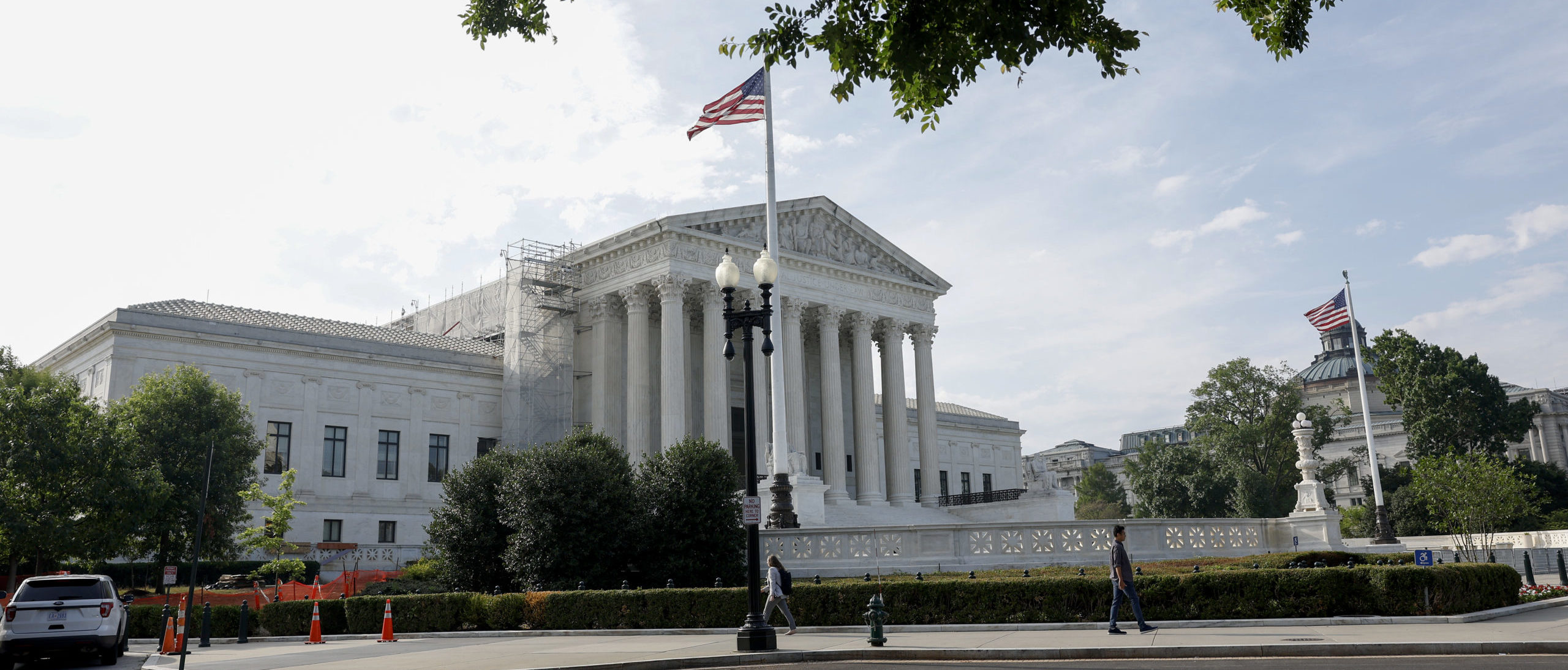The Supreme Court unanimously ruled in Groff v. DeJoy that employers must show granting a religious accommodation would result in “substantial increased costs” before denying one to an employee.
Gerald Groff, a former postal worker, sued the U.S. Postal Service (USPS) in 2019 after it failed to accommodate his request for Sundays off, a religious accommodation he argued was required under Title VII of the Civil Rights Act of 1964 and the Equal Employment Opportunity Act of 1972.
On Thursday, the Supreme Court rejected the standard set out in a 1977 ruling, Trans World Airlines, Inc. v. Hardison, which limited protections under Title VII, finding that religious accommodations do not need to be made when the employer will bear more than a trivial, or “de minimis,” burden.
“Having clarified the Title VII undue-hardship standard, we think it appropriate to leave the context specific application of that clarified standard to the lower courts in the first instance,” Justice Samuel Alito wrote in the majority opinion.
“I am grateful to have had my case heard by the U.S. Supreme Court and that they have decided to uphold religious liberty,” Groff said in a statement. “I hope this decision allows others to be able to maintain their convictions without living in fear of losing their jobs because of what they believe.” (RELATED: ‘God-Given Natural Right’: Catholic Nonprofit Asks Supreme Court To Protect Religious Freedoms In The Workplace)

WASHINGTON, DC – JUNE 26: The U.S. Supreme Court building is seen on June 26, 2023 in Washington, DC. Today marks the 8th anniversary of the Supreme Court’s ruling in the Obergefell v. Hodges case that guaranteed the right to marriage for same-sex couples. (Photo by Anna Moneymaker/Getty Images)
During oral arguments, Groff’s attorney argued that the standard set in Hardison goes against the clear text of the statute, which only exempts employers from making accommodations when it imposes an “undue hardship.”
Kelly Shackelford, CEO and Chief Counsel for First Liberty, called the decision a “landmark victory” for every American.
“No American should be forced to choose between their faith and their job,” Shackelford said in a statement. “The Court’s decision today restores religious freedom to every American in the workplace. This decision will positively help millions and millions of Americans – those who work now and their children and grandchildren.”
This is a breaking news story and will be updated.
All content created by the Daily Caller News Foundation, an independent and nonpartisan newswire service, is available without charge to any legitimate news publisher that can provide a large audience. All republished articles must include our logo, our reporter’s byline and their DCNF affiliation. For any questions about our guidelines or partnering with us, please contact licensing@dailycallernewsfoundation.org.


